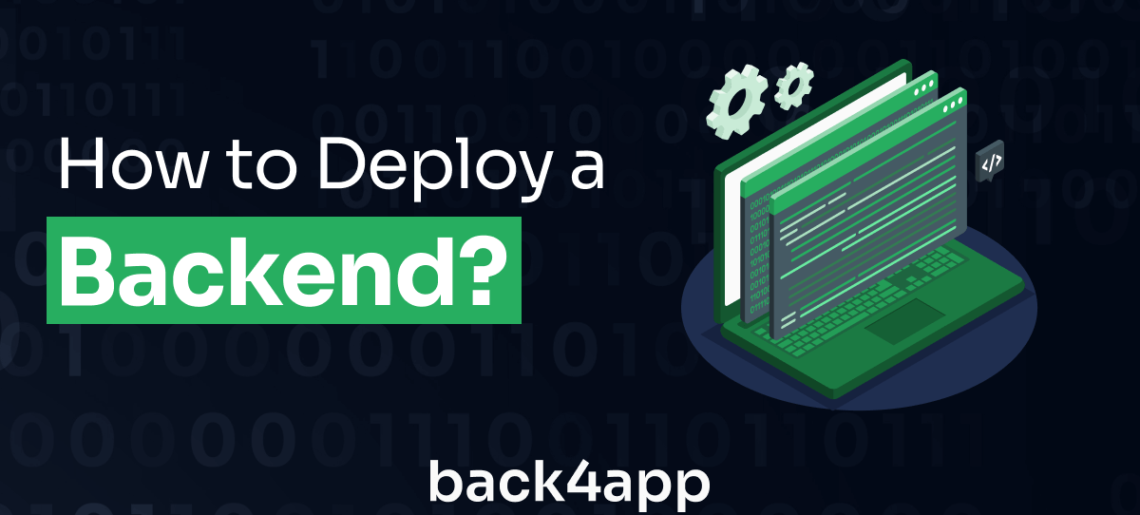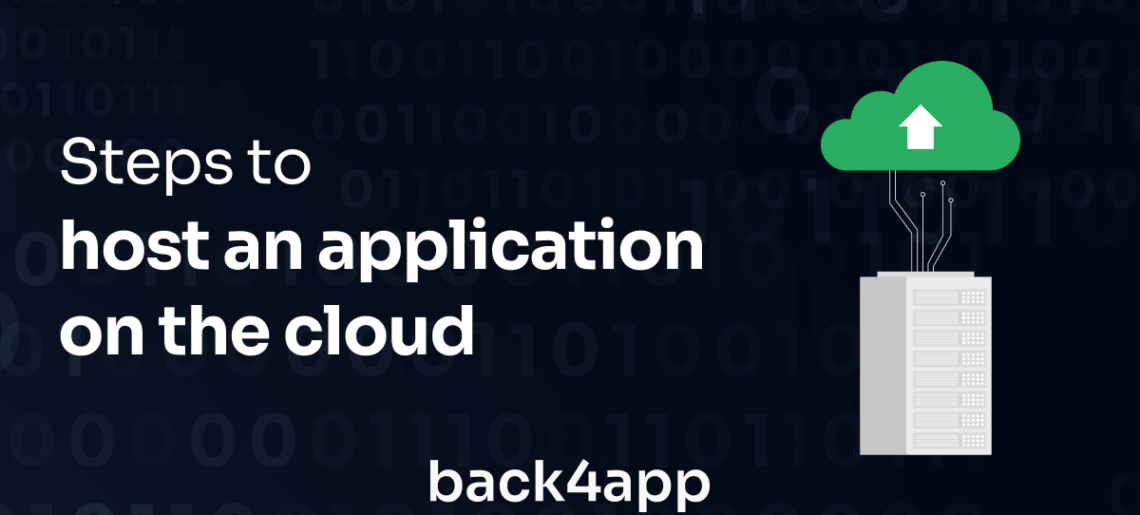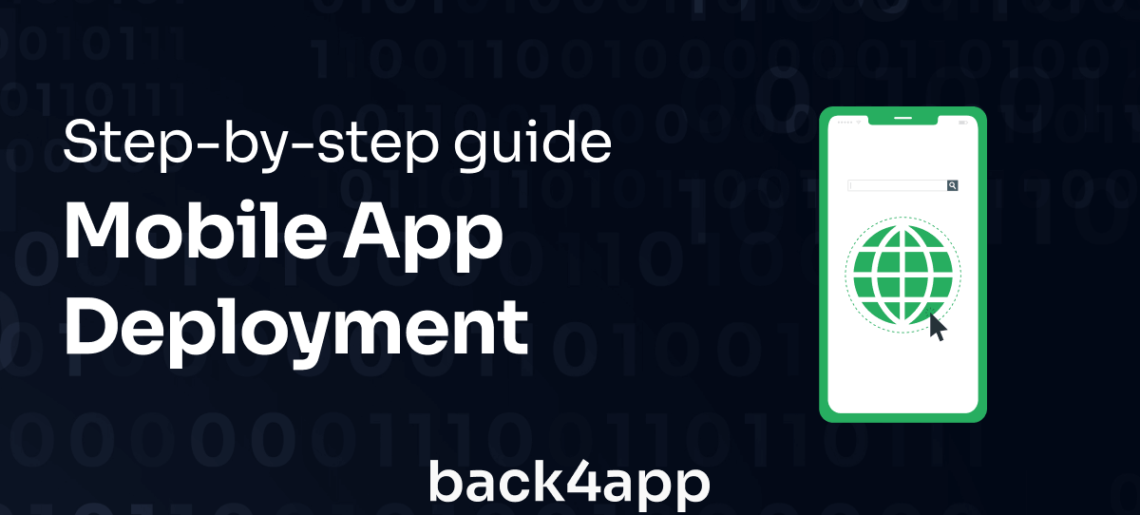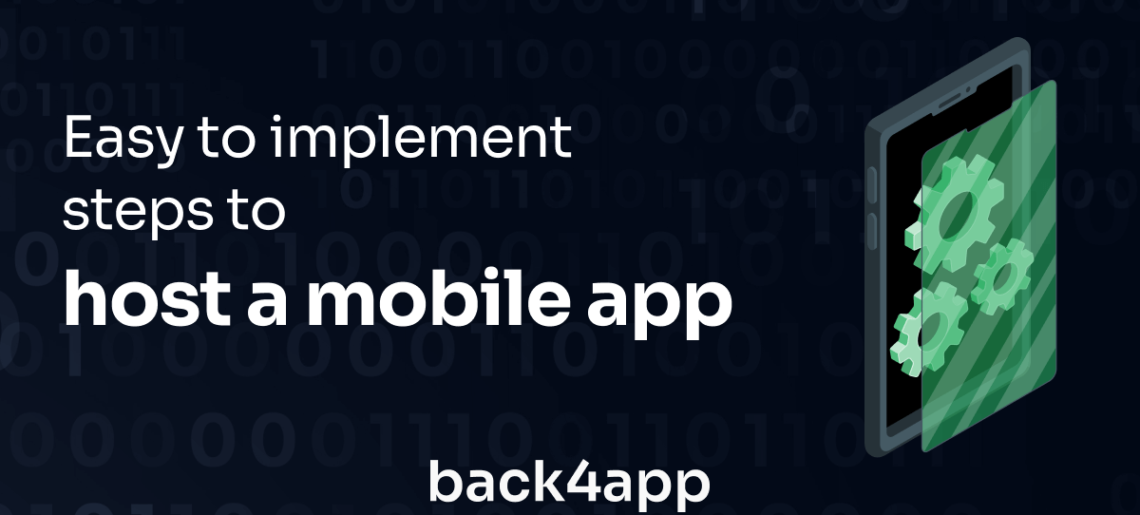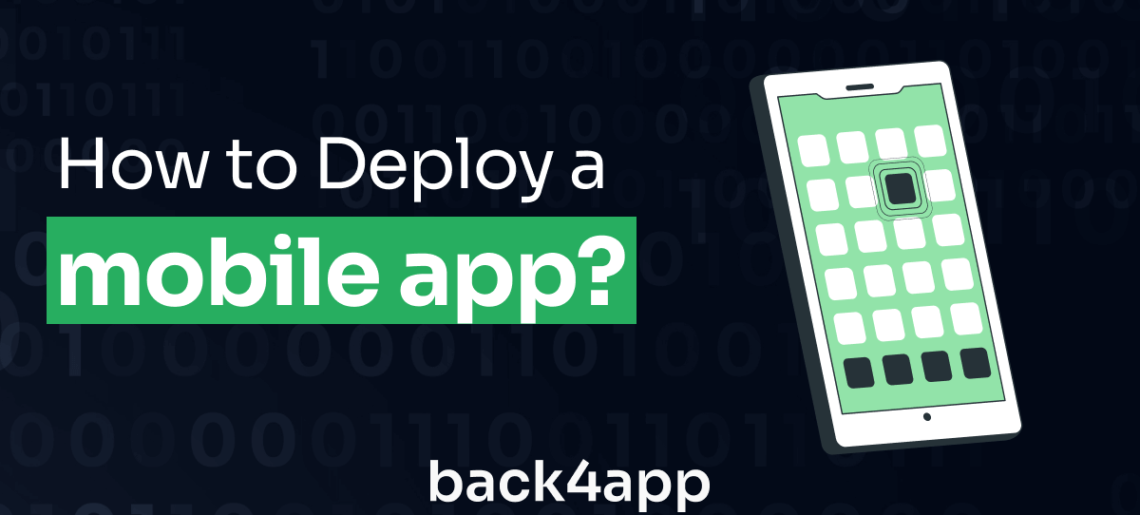Mobile apps can provide businesses with many benefits, including increased customer engagement, improved customer service, increased brand recognition, and the potential to generate additional revenue through in-app purchases. Hosting makes a huge part of application development. So, knowing where to host a mobile app is necessary.
Additionally, mobile apps can provide access to analytics tools, allowing businesses to gain insights into how their customers use their apps. This data can be used to optimize the user experience and improve business operations. In fact, it is a huge market to grow at a CAGR of 23.80% by 2032, according to MRFR.
Finally, mobile apps can also provide a platform for businesses to showcase their products and services. It is especially useful for e-commerce businesses, allowing them to reach customers worldwide.
Read More
